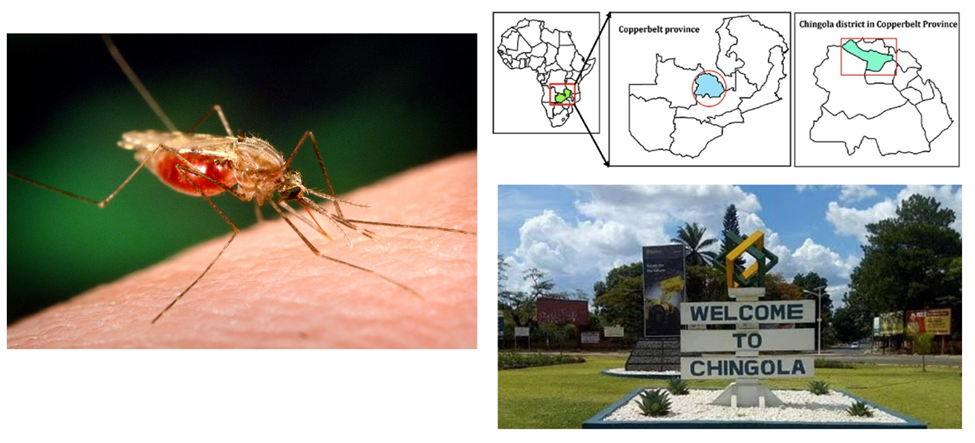A match made by mosquitoes!
- Tabeth
- Nov 10, 2022
- 2 min read
Hi all, it has been a minute.
This week we are discussing how parasites manipulate their hosts’ behavior for their own benefit. Parasites change their host’s behavior in such a way that transmission of the parasite is aided which completes its life cycle. In the case of malaria, as discussed in previous posts, successful transmission involves two hosts of Plasmodium: the mosquito and the human. The mosquito needs to survive long enough for the parasites to mature and become infective, which takes at least 3 weeks in a conducive environment. Once infective, the parasites migrate to the salivary glands of the mosquito where they are readily available to be deposited into a human host. So, do the parasites force mosquitoes to bite humans because they have to complete their life cycle, or were mosquitoes already biting humans and parasites took advantage of mosquitoes? Well, in 1945, Clay Huff reported that parasites evolved in insects first. If this is true, then we can assume that some form of manipulation may be possible. This is supported by some studies in which they found that Plasmodium parasites cause mosquitoes to bite more frequently and longer. They achieve this by blocking the enzymes in the mosquitoes that help them feed, making them feed repeatedly. There is also a theory that humans that are infected with the parasites are more attractive to mosquitoes, therefore enticing them to bite and transmit malaria further. The parasites release a metabolite called (E)-4-Hydroxy-3-methyl-but-2-enyl-pyrophosphate (HMBPP) into the blood of humans. In an experiment that was conducted to determine the attractiveness of HMBPP to mosquitoes, it was shown that the substance was able to stimulate 80 – 100% of the Anopheles gambiae s.l to feed on the blood laced with HMBPP compared to the one without. This then increases malaria transmission.
It is also important to note that whenever we get infected, the body responds to the foreign pathogen by activating the immune system, but the parasites have one up on us. They evade our “immune mechanisms by diversifying their genome and switching expression of targets of our immune system”. There is also a possibility that since most mosquitoes carry many parasites from one human host to another, the parasites can exchange their genetic information and evolve into something new. So, while we are fighting to end the transmission of malaria, parasites are equally fighting to make sure that does not happen. I guess it is a match made by mosquitoes!
Sources:
Loy, D.E., Liu, W., Li, Y., Learn, G.H., Plenderleith, L.J., Sundararaman, S.A., Sharp, P.M. and Hahn, B.H., 2017. Out of Africa: origins and evolution of the human malaria parasites Plasmodium falciparum and Plasmodium vivax. International journal for parasitology, 47(2-3), pp.87-97.
Stromsky, V.E., Hajkazemian, M., Vaisbourd, E., Mozūraitis, R. and Noushin Emami, S., 2021. Plasmodium metabolite HMBPP stimulates feeding of main mosquito vectors on blood and artificial toxic sources. Communications biology, 4(1), pp.1-10.
Su, X.Z., Zhang, C. and Joy, D.A., 2020. Host-malaria parasite interactions and impacts on mutual evolution. Frontiers in Cellular and Infection Microbiology, 10, p.587933.



Comments